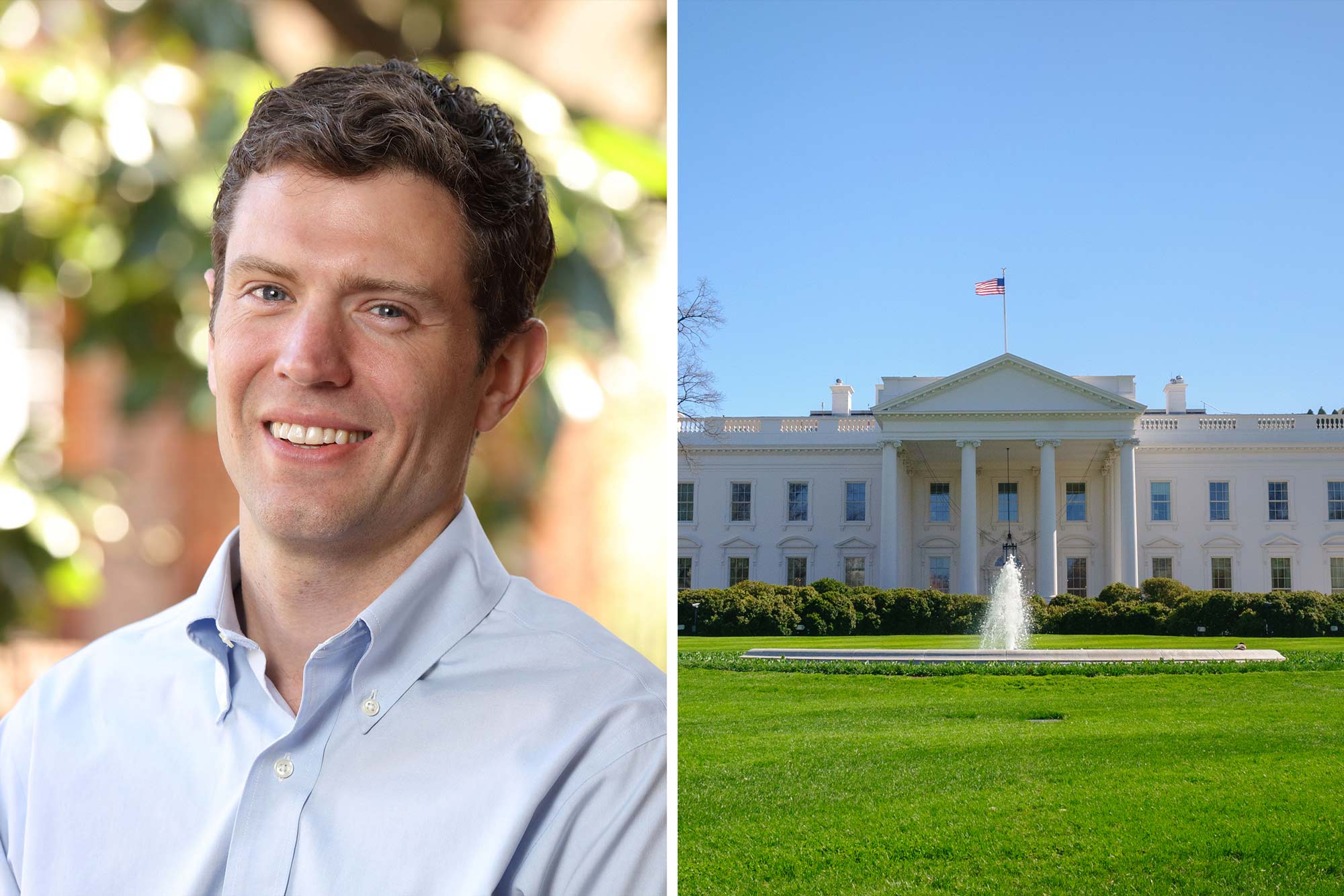Andrés Clarens, a University of Virginia professor of civil and environmental engineering and associate director of UVA’s Environmental Institute, has been named an assistant director of the White House’s Office of Science Technology Policy.
Clarens’ research focuses broadly on understanding decarbonization pathways for infrastructure systems, including industrial sectors such as cement, chemicals and mining. He works on developing efficient strategies for mitigating the emissions that are driving climate change. Biden administration officials contacted Clarens in November about the one-year appointment, which starts Monday. Clarens plans to return to full-time teaching at UVA after his appointment ends.
“My specific role will be to focus on industrial innovation policy in the United States,” Clarens said. “We are in the midst of a major energy transition in our country and that is going to require public and private alignment to transition our energy and materials infrastructure away from fossil fuels and toward renewables.”


.jpg)







